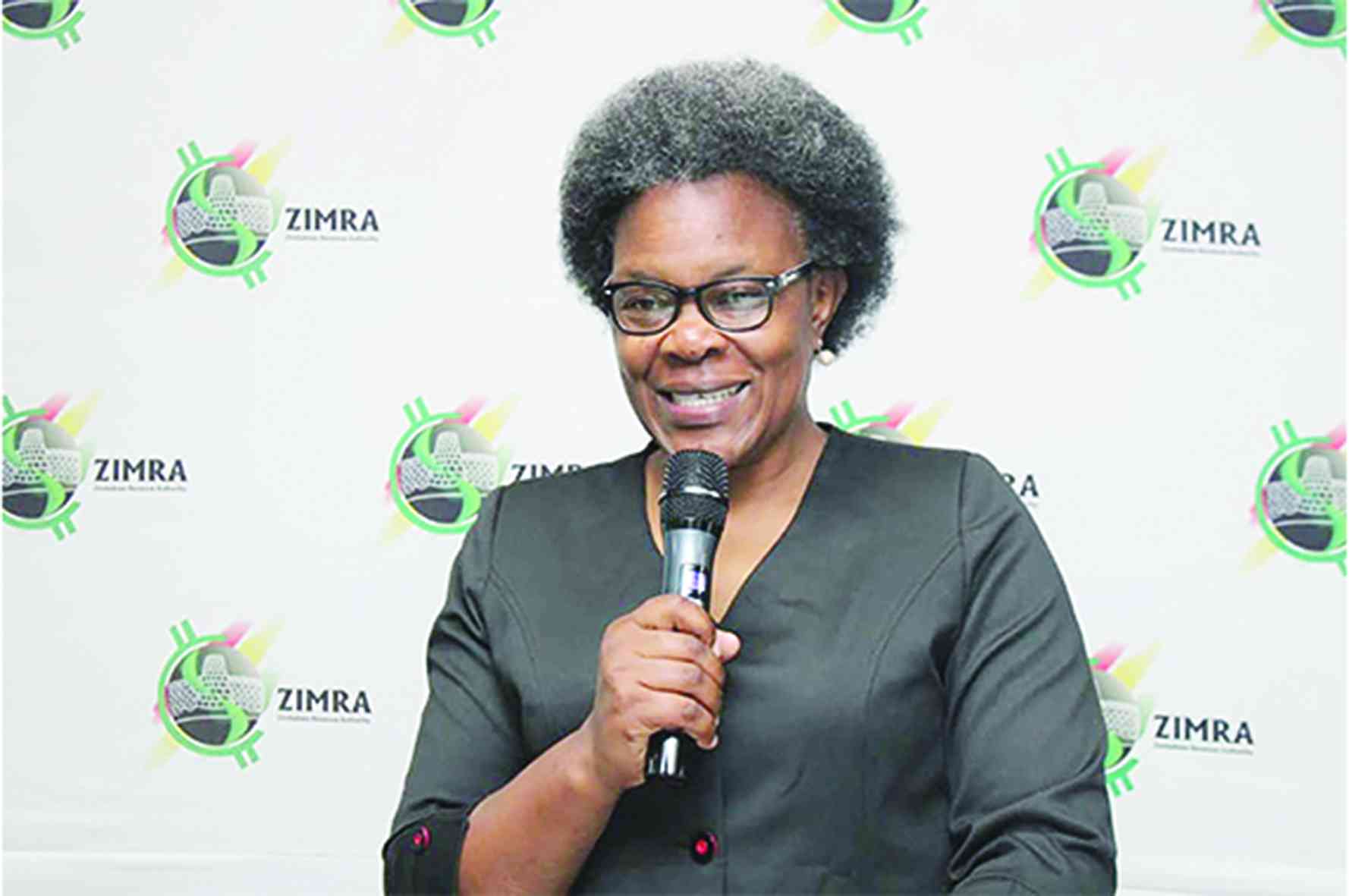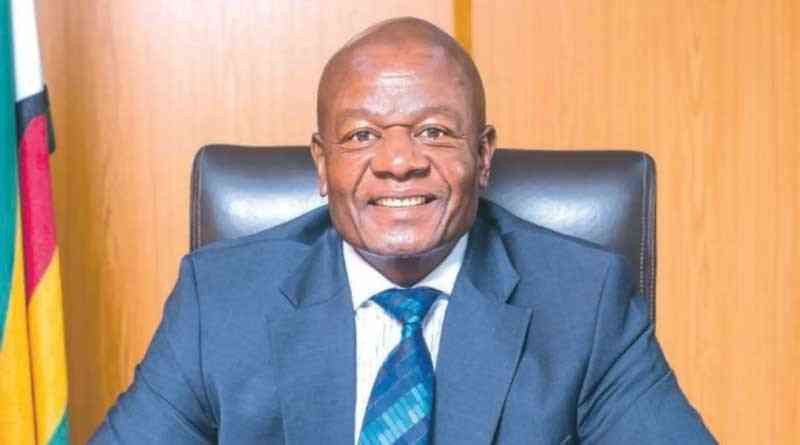
Zimbabwe’s tax authority says it has prosecuted more than 50 employees for corruption during the first seven months of 2025 and suspended 306 since 2016 — part of a sweeping purge sparked by lifestyle audits.
It is the first time a government agency has gone this far to root out graft from within its own ranks, setting a precedent others have largely avoided.
The Zimbabwe Revenue Authority (Zimra) confirmed at least 306 employees had been suspended between 2016 and 2024, with 14 suspensions recorded so far in 2025 alone.
In the clearest sign yet that Zimra is beginning to take its internal rot seriously, some officers have lost illegally acquired assets, while several have been dragged before the courts.
But even as these efforts unfold, rampant corruption continues at the country’s borders — hotbeds of bribery and smuggling that are bleeding the economy. According to the Zimbabwe National Chamber of Commerce, illicit trade is costing the country more than US$2 billion annually.
In a frank presentation at the recent Integrity and Accountability Summit hosted by Transparency International Zimbabwe (TIZ), Zimra’s director of loss control, Tapiwa Manyika, admitted that the agency has long been compromised.
“Zimra has become a corruption hotspot, primarily because it is responsible for revenue collection, making it a target for abuse,” said Manyika.
“However, this situation is not unique to Zimra. Revenue authorities around the world face similar challenges.”
- Zimra seizes CCC campaign vehicle
- ZDI defends AK-47 rifles 'smugglers'
- Firearms smuggling suspect weeps in court
- Fresh calls to scrap 2% tax
Keep Reading
He said in response to years of abuse, the tax body had been implementing sweeping internal reforms since 2018. These include an integrity management framework, an integrity action plan, and lifestyle audit policies designed to flag unexplained wealth and clamp down on corrupt officials.
“We want to tell the public what we are doing, and people need to know that Zimra is not corrupt. Our contract of employment is an integrity management tool. If you breach integrity management values, that contract can be terminated,” he said.
“That (54) is a big number,” Manyika noted, referring to the number of Zimra employees prosecuted in the first seven months of 2025.
“Zimra has suspended 306 employees between 2016 and 2024, with 14 suspensions recorded in 2024 and 55 in 2016.”
One of the most recent cases involved two Zimra officers charged in late July for smuggling T-shirts into the country disguised as agricultural goods. In January, four other officers were arrested after allegedly demanding bribes to release confiscated cargo.
“We have mostly been dealing with our own Zimra staff, but some of the cases involve agents from counter-state security,” Manyika said.
“We are a bit hesitant to go fully public. One corruption case can affect an average of six people. At our peak, we were prosecuting around 122 people a year. Recently, we have averaged 68.”
Zimra’s crackdown comes against a backdrop of growing public frustration over state-sanctioned looting and a justice system that has often failed to hold powerful offenders to account.
Zimra, tasked with collecting billions in tax revenues annually, is a crucial organ of the state — one that has frequently been at the centre of allegations involving bribe-taking, deliberate undervaluation of goods, and collusion with criminal networks to facilitate illicit imports.
The agency’s high-risk profile, coupled with years of political interference, allowed graft to flourish for decades. Border posts such as Beitbridge, Plumtree and Forbes have for years served as epicentres of smuggling syndicates, undermining industry, distorting pricing structures, and shrinking the national revenue base. Now, Zimra says it is trying to change that image.
Tafadzwa Chikumbu, executive director of TIZ, welcomed the reforms but urged the agency not to stop with internal clean-ups.
“At Transparency International Zimbabwe, we recognise the efforts that the Zimbabwe Revenue Authority is making to promote transparency, accountability, and anti-corruption, especially among its employees,” Chikumbu said.
“I am also pleased that Zimra has gone a step further by not only focusing on internal cases of corruption involving its staff, but also addressing cases involving other stakeholders. This ensures that everyone is held accountable.
“Corruption is an organised crime. In many cases, Zimra officials are involved, but so are other agencies, non-governmental institutions, and private actors. All of them should be brought to book,” he added.
Despite the high number of prosecutions and suspensions, however, critics warn that enforcement alone won’t solve the problem unless matched by political will, independent oversight, and a commitment to transparency in all arms of government.
As the economic crisis deepens, the cost of corruption is becoming harder to ignore — and the walls may finally be closing in on the untouchables within Zimbabwe’s broken tax system.






